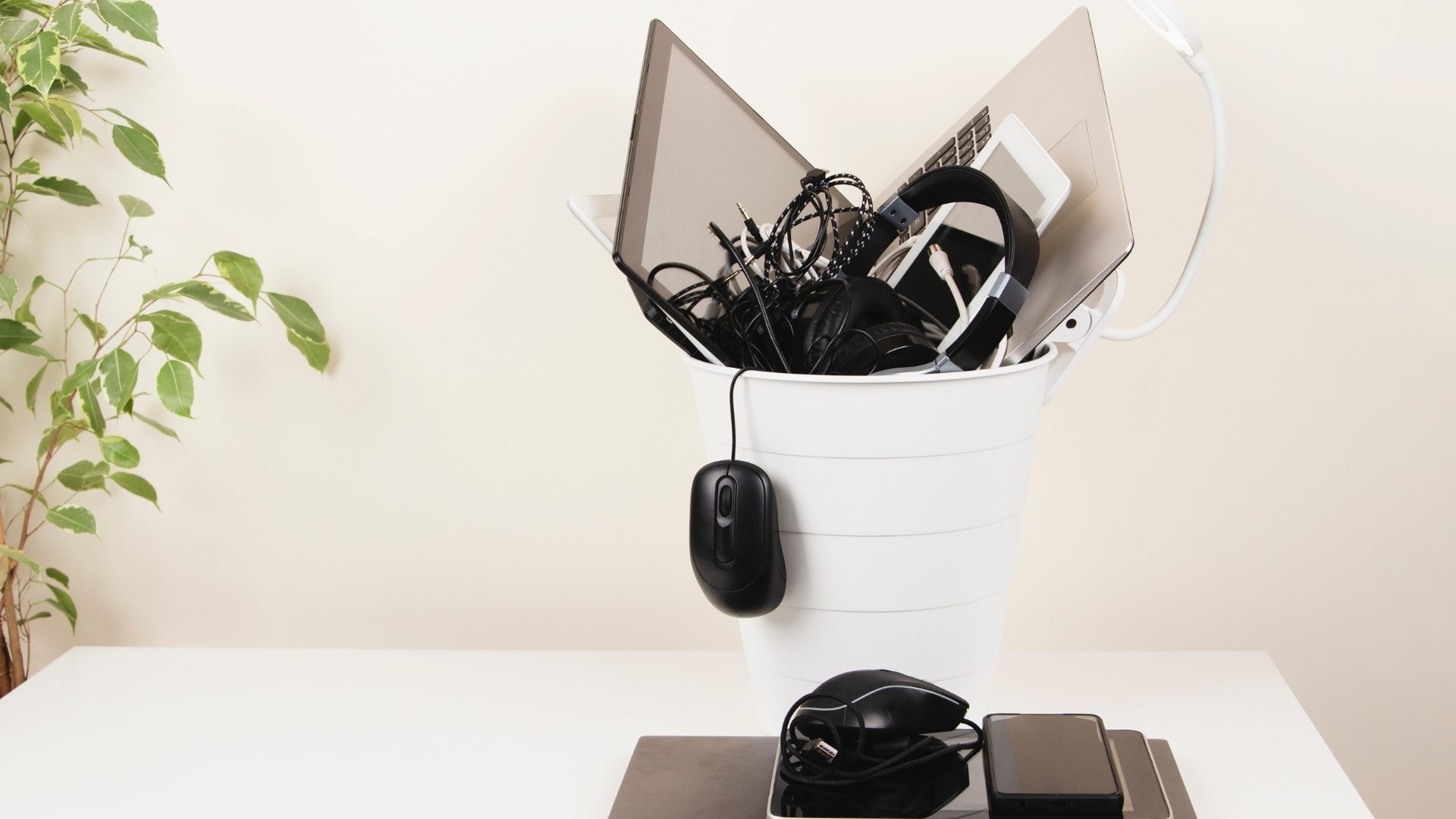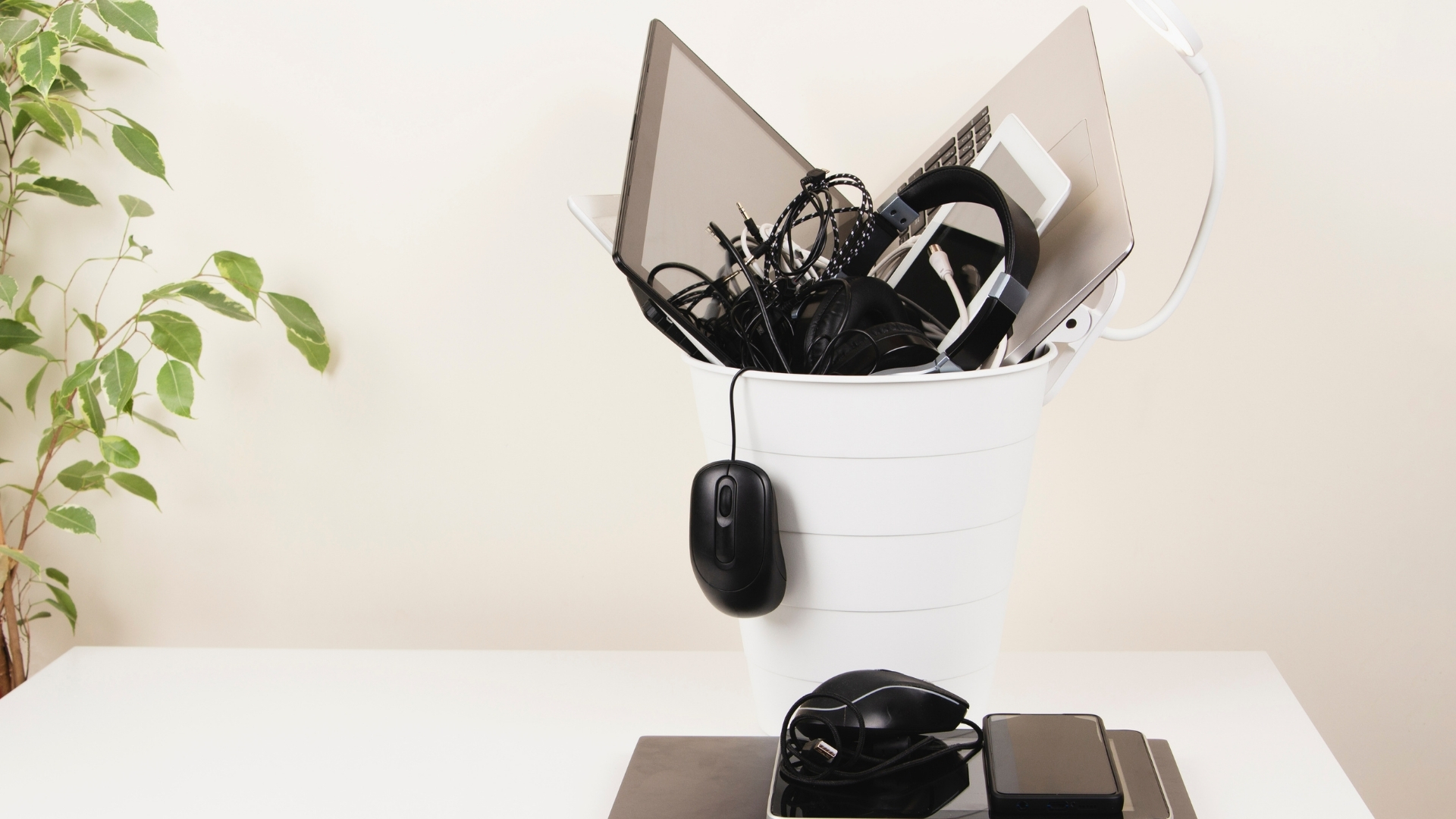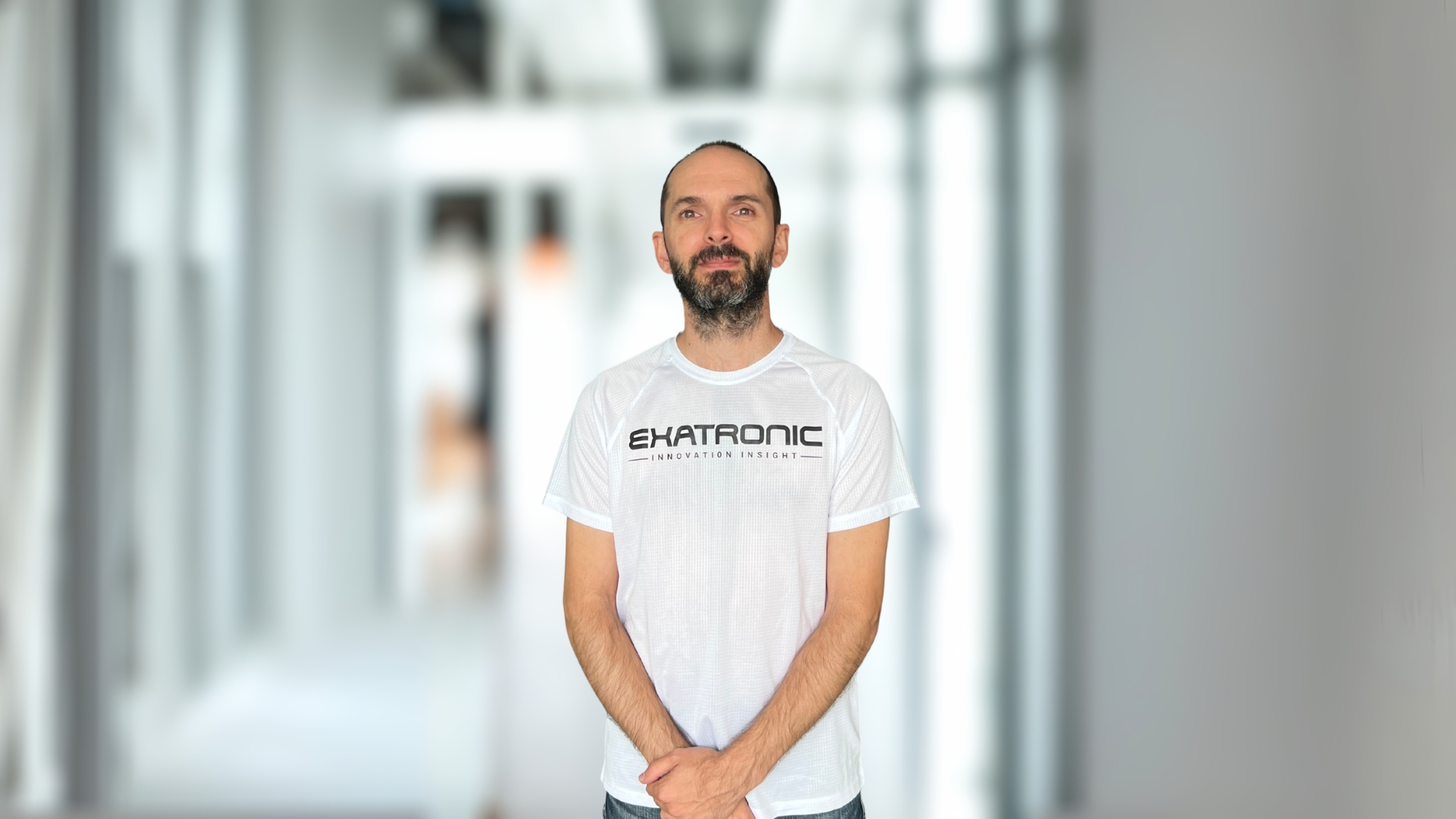Our rate of electronics consumption is unsustainable. Smartphones, computers, and other devices are discarded at a dizzying speed, creating mountains of electronic waste (e-waste). It generates thousands of tons of waste electrical and electronic equipment every year, but the recycling rate does not exceed 14.5%, well below the European targets of 65%. Fortunately, a new paradigm is emerging: the circular economy, where reuse, repair, and reconditioning of electronic devices take center stage. Driven by re-commerce and the right to repair, this change is not just a trend—it is a revolution that is transforming the way we buy and use technology.
Re-commerce: A Smart and Sustainable Alternative
Re-commerce, or reverse e-commerce, is the practice of buying and selling used electronic products that have been professionally refurbished. Instead of a product having a single useful life, this process gives it a second (and even third) chance, extending its longevity.
In Portugal, this market is growing, driven by several factors:
- Competitive Prices: Refurbished products, such as smartphones and laptops, are significantly cheaper than new ones, making cutting-edge technology accessible to more people.
- Consumer Confidence: The market is no longer limited to advertising platforms. Specialized companies offer refurbished products that undergo rigorous quality testing, come with a warranty (sometimes for two or three years), and even allow returns, which increases buyer confidence.
- Environmental Awareness: Portuguese consumers are increasingly aware of the impact of their purchases. By choosing a refurbished product, they know they are contributing to the reduction of e-waste and carbon emissions associated with the manufacture of new devices.
In 2024/2025, the data confirms this trend:
- 19.1% of equipment purchased in Portugal is already refurbished.
- The Refurbed platform, which has been operating in Portugal since June 2024, sold 17,000 to 18,000 refurbished devices in its first year to around 14,000 customers.
- About one in three Portuguese Refurbed customers has made a repeat purchase on the platform.
- It is estimated that there are 16.2 million smartphones sitting unused in drawers in Portugal, with the potential to generate up to €162 million if integrated into trade-in or reconditioning programs.
- A study by DECO/ERP revealed that 60% of Portuguese consumers have already purchased second-hand products, with 94% of them citing economic reasons as their main motivation.
- The context for e-commerce is also favorable: in 2024, e-commerce in Portugal generated €26 billion, with 48.9% of Portuguese people shopping online in the last quarter of the year.
This model is creating an ecosystem in Portugal, with retailers, telecom operators, and even manufacturers launching their own trade-in programs, encouraging consumers to hand in their old devices to be reconditioned and resold.
The Right to Repair: The New Consumer “Law”
Until recently, repairing electronics was a challenge. So-called planned obsolescence—where products are designed to last for a limited time—made repairs difficult, expensive, and often unfeasible.
But this scenario is changing thanks to the European Union. Approved in April 2024, the new Right to Repair Directive introduces several measures with a direct impact:
- Manufacturers' obligation:they must provide repairs at reasonable prices and within reasonable timeframes, even after the legal warranty has expired.
- Access to parts and technical information: consumers and independent repair shops can now obtain spare parts, tools, and repair manuals.
- Warranty extension: when a consumer chooses to repair the product within the warranty period, they automatically receive an additional year of coverage.
- Replacement with a refurbished item: if repair is not possible, the consumer may request an equivalent refurbished item.
Portugal has until 2026 to transpose this directive into national law. This will be in addition to the legislation already in force: Decree-Law No. 84/2021, which guarantees a 3-year legal warranty for movable goods.
The Impact in Portugal: Challenges and Opportunities
Portugal still faces major challenges:
- The WEEE recycling rate remains low (14.5% in 2021), well below targets.
- Studies by DECO/ERP (2025) reveal that 50% dos portugueses não sabem separar corretamente resíduos eletrónicos.
- Despite the existence of 9,400 collection points across the country, accessibility remains uneven, especially in rural areas.
But the e-commerce market is already showing a clear interest in electronics. With the growing popularity of re-commerce and the entry into force of the “Right to Repair,” we are facing enormous opportunities:
- Portuguese consumers are already showing a predisposition: 61% would accept refurbished items as Christmas gifts, and 63% would be happy to receive them.
- The economic potential is vast: unused smartphones alone represent hundreds of millions of euros in market value.
- Domestic and international companies that invest in recovery, reconditioning, and repair programs will be capturing growing demand and differentiating themselves through their commitment to sustainability.
The Future is Circular
The technological revolution no longer depends solely on the launch of new gadgets, but on how we extend the useful life of those we already have.
Portugal is at the center of this transformation: with a rapidly growing refurbished market, a European directive that strengthens the right to repair, and increasingly conscious consumers, the foundations for a circular future are being laid.
The next step is clear: align consumers, businesses, and public policies to make technology consumption more accessible, sustainable, and durable.
The future is circular—and Portugal is already paving the way.





